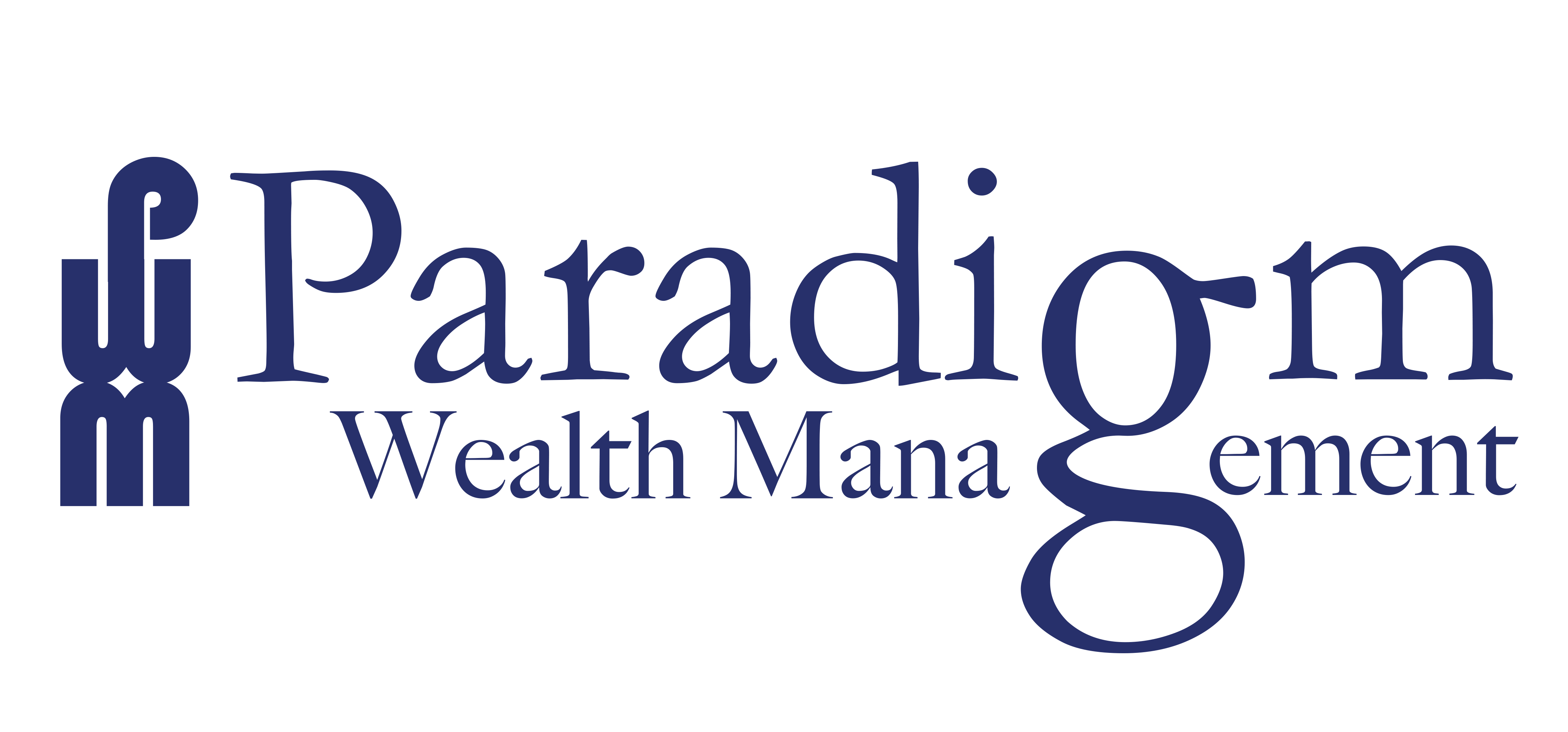What We Know
As seen in the news, the citizens of Britain (a country of 53MM representing 7% of the global GDP) voted to leave the European Union (EU) ending 40 plus years of unification. Prime Minister Cameron resigned effective October 2016, and Parliament will now vote to make the split legal. Technically, England and Wales have at least two years to fully exit from the EU. Scotland and Ireland may vote to leave the United Kingdom and stay within the EU.
The market had anticipated a “Remain” vote and, along with politicians in England and the European Union, was surprised by the outcome. The possible outcome of the England’s exit from the EU could hurt it’s economy and growth due to the following:
- The uncertainty and complexity of renegotiated trade pacts
- Immigration rules
- Ease of travel between England and the continent
What is Currently Happening in the Markets
U.S. and Foreign markets slid dramatically on Friday, June 24th. The U.S. stock markets were down approximately 3% and European stocks were down 7-8%. The dollar and yen soared as safe haven currencies and the pound fell to its lowest level since 1985. Bond prices surged and yields fell. Banks took the largest losses and have the most to lose with Britain’s departure from the EU as the ease of working across borders may be more challenging.
Despite a volatile few days, the markets functioned smoothly throughout the world (giving banks / investors some comfort). Increased volumes were processed within normal execution time frames.
Due to the increase of the dollar, market participants expect the Fed to delay any interest rate increase until next year. Although U.S. businesses in London may be disrupted, most experts believe the U.S. economy, from a trade and growth perspective, will not be impacted by BREXIT. The U.S. consumer is still driving U.S. growth.
What We Don’t Know
It is unknown what this will mean for international trade or for Europe, as the EU has never before lost a member state. The vote will start years of negotiations over Britain’s trade, business and political links. Observers wonder if other nations will follow in Britain’s footsteps by leaving the EU.
Back To What We Do Know
Historically, shocks such as this create uncertainty in markets. The numbers that support stock and bond market valuations have to be reassessed based on new probabilities. Over time, the world will heal and redirect, but the timeline for this process is unknown. Once again, it is important to remember that maintaining a diversified strategy is the best method to minimize the impact of any unforeseen world events. We are here to help you navigate the unknowns and to effectively put a plan in place that will be successful during challenging and stable times.

